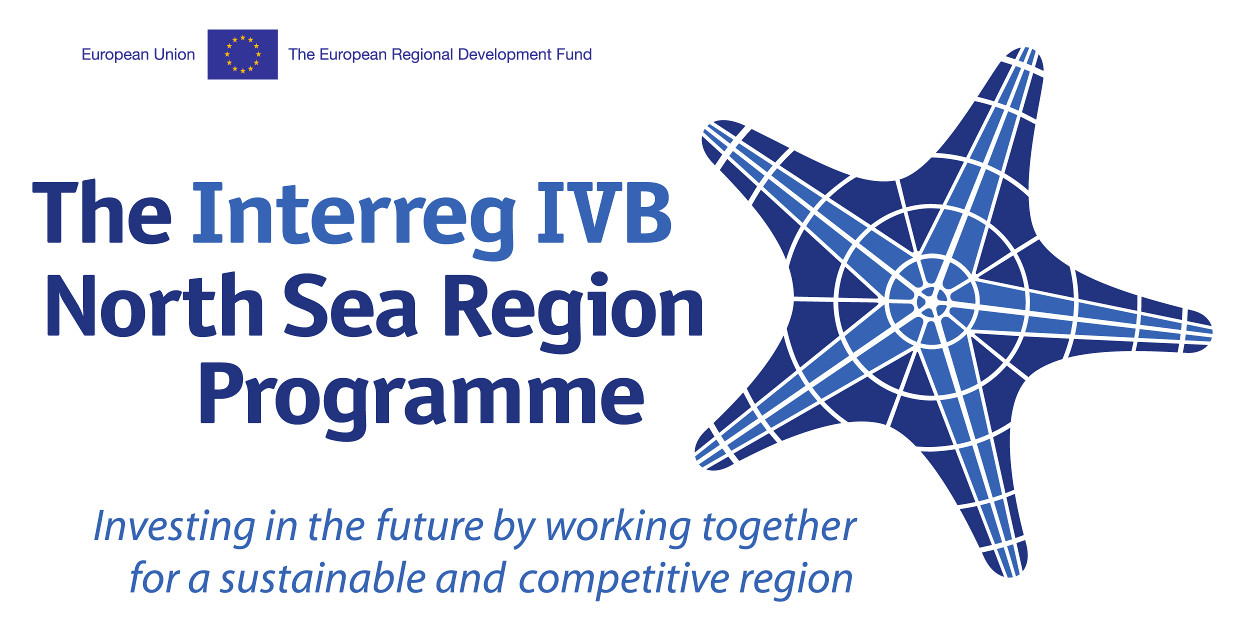Capturing the potential of bluegreen energy is a key contribution to attaining the EU’s 20/20 renewable energy target. Currently this EU-wide target is being translated into national targets, some of which, e.g. in Germany, are being set even higher. This policy commitment is essential to overcoming the obstacles to renewable energy.
However, a key characteristic of renewable energy is that in contrast to the conventional power plants and their associated continental grids is that renewables are a decentralised energy form. Hence targets cannot be implemented by the decision makers in Europe's capitals; the onus is on the regions and regional development initiatives. Transnational cooperation can play a major and cost-effective role in capitalising on the NSR's diversified but largely unaligned renewables expertise, especially in respect of the under-potential deployment of bioenergy resources.
Pre-project consultations conducted in the partner regions took stock of bionenergy potential and the obstacles to sustainable business development needed to deliver the ambitious energy policy targets. Despite divergent business development environments and outstanding technological challenges a common problem was identified: many ambitious, stand-alone entrepreneurial initiatives in the field of bionergy fail to penetrate the regional energy market due to a lack of business resources, market access and dependable supply chain economics. This generic factor of renewables promotion is a decisive one: skillful management of supply chains, especially when these constitute an innovative challenge to established monopoly structures, is a prerequisite for the success of such ventures. Hence the response to the European renewables agenda shifts from the political arena to the field of business management.
New Energy can however profit from established business models. The enerCOAST strategy is one of applying proven supply chain management methodology and tools to the underdeveloped bionergy market in a NSR regional context. The project's focus is clearly set on a defined range of regional bioenergy market initiatives and their transformation into sustainable value chains.
Supply Chain Management (SCM) features an integrative approach to dealing with the planning and control of the material flows from suppliers to end–users and focusses on a network of firms interacting to deliver a product or service to the end customer, linking flows from raw material supply to final delivery. Such is the scope of the project. The business model agreed on by all partners is the "Sustainable Supply Chain Management" (SSCM) model developed at the Department of Ecological Economics at the University of Oldenburg as a response to the failure of the ecotextiles branch to achieve any sizeable market penetration. Contrary to widespread expectations aesthetic, design factors no longer proved decisive; deficits in the supply chain management resulting in unjustifiable consumer prices explain the flopped ventures.
For bionergy to succeed a comprehensive approach to complete supply chains is needed to safeguard the business initiatives and defined stakeholder interests, e.g. those of energy farmers. The SSCM solution features a 3-tier focus and applies performance criteria to each stage of the bionergy supply chain from the materials, the economic stakeholder and the social-cultural perspectives.


